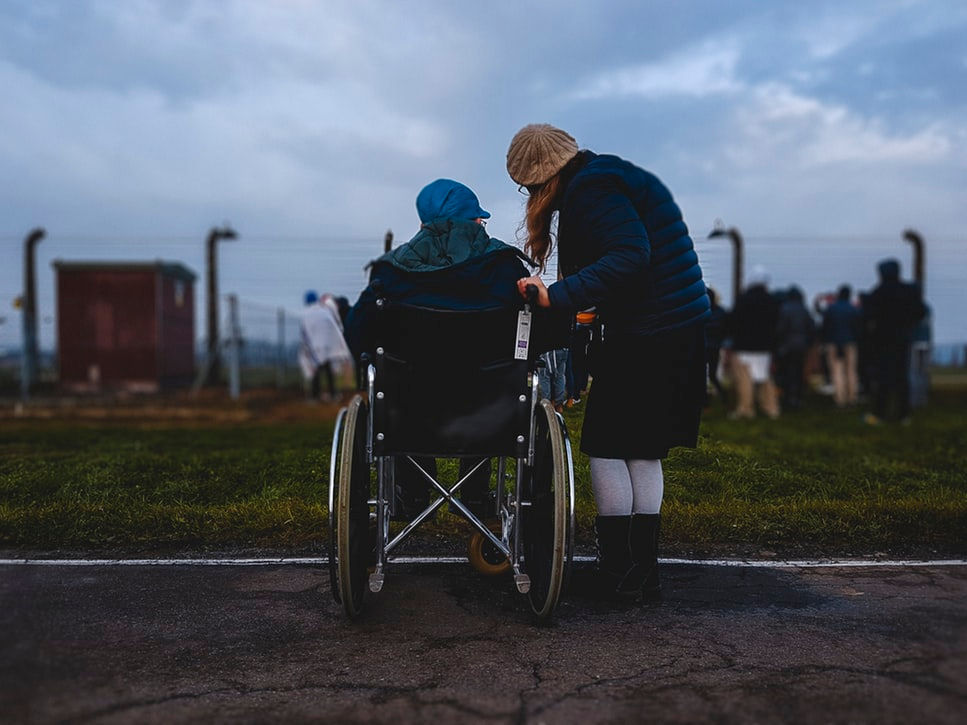Falls in Older adults - Risks & Prevention
- Vineeth Veetil

- Aug 31, 2018
- 2 min read
The risk of falling increases considerably with age. One in three older adults fall each year. It is estimated that falls cost $34 billion in medical expenses annually. According to the center for disease control and prevention, one out of five falls causes a serious injury such as broken bones or a head injury
What causes a fall?
A fall is a multifactorial phenomenon. To understand the mechanism of falls, it is essential to understand the components of a normal gait. A normal gait is regulated by the coordination of fine neural networks, musculoskeletal structures, sensory system combined with adequate concentration and cognition. As we age many of these functions can decline which predisposes to a fall

Risk Factors of Fall
Some of the risk factors which predisposes elderly to falls are:
Difficulties with walking and balance - Common causes in elderly include arthritis and postural hypotension; however, most gait and balance disorders involve multiple contributing factors.
Visual impairment - Reduced vision is an important risk factor for falls.
Polypharmacy - Many elderly patients take multiple medications.Sedatives,antidepressants & anti hypertensives are known to be significantly associated with fall risk.However, it is very important to consider the reason for taking a medication before deciding to stop or withdraw a medication and weigh the risks and benefits of taking the drug.
Obstructive sleep apnea - Daytime sleepiness in those suffering from Obstructive sleep apnea can be a reason for falls
Other factors associated with greater rates of fall injuries in elderly include : medical conditions like cerebrovascular accidents/transient ischemic attacks, arthritis, fractures, dementia, diabetes, vitamin D deficiency, anemia, arrhythmias, neuropathy recent hospital discharge, higher body mass index.
Some interventions which can help prevent falls are
Exercise to improve strength,gait and balance. eg Tai Chi ,physiotherapy
Review of medications- This should include prescription medicines and over-the counter medicines.
Assessment of vision -A single-lens distance-vision glasses for outdoor use can be beneficial for multi focal-lens users who participate in regular outdoor activities.Asses your eyes for cataract
Cardiac pacing can be beneficial for those with recurrent falls due to certain cardiac conditions like cardio inhibitory carotid sinus hypersensitivity
Use of anti slip shoe devices for outdoor activities
Vitamin D supplementation

















Comments